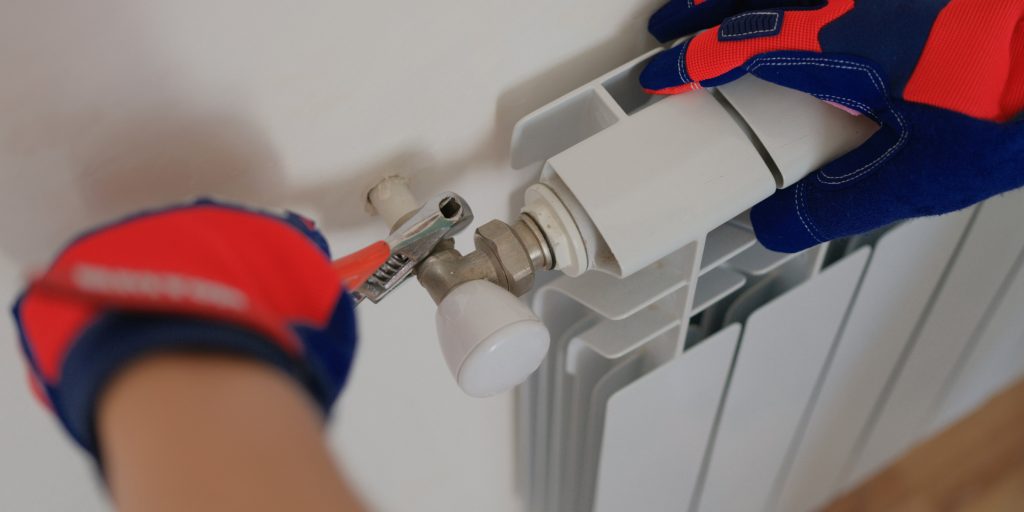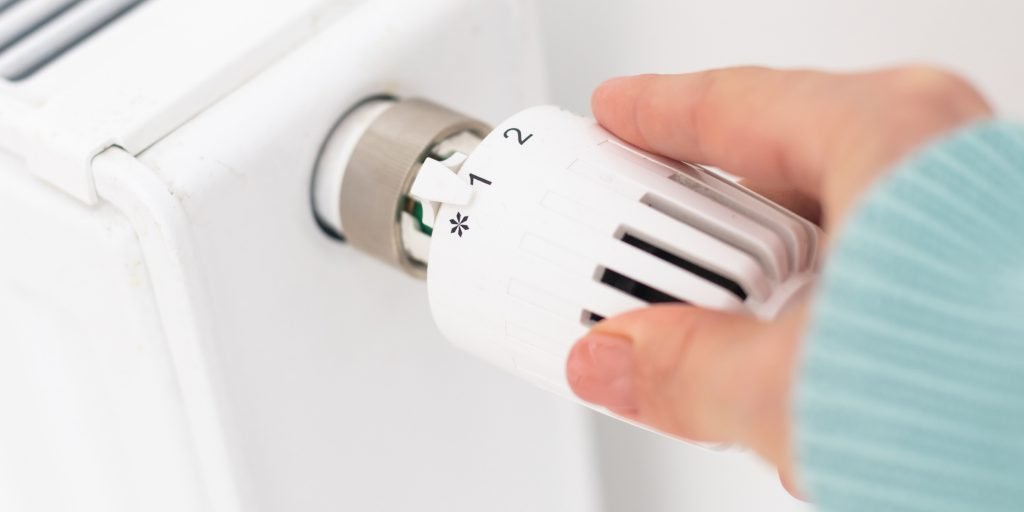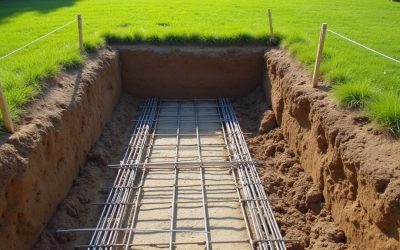Do you feel like your home’s radiator isn’t working as it should be? Are you looking to replace your existing radiator with a new one? Are you wondering how much it costs to replace a radiator in a house?
The cost of replacing a house radiator can vary depending on the size of the radiator, the complexity of the installation, and the location. On average, the cost can range from £300 to £1,500. It is best to get a quote from a professional plumber or heating technician to get an accurate estimate.
Home radiator replacement is a necessary step for any landlord or homeowner looking to improve the efficiency of their home’s heating system.
Replacing an old, worn-out radiator with a new one can help reduce energy costs, increase the life of your existing boiler, and even add value to your property.
As with any major renovation project, it’s important to have all the facts before making a decision. This article will provide an overview of what to consider when planning a radiator replacement project, including types of radiators available and associated costs. With this information in hand you’ll be better equipped to make the best decision possible regarding home radiator replacement.
Is it worth replacing radiators?
If you’ve just purchased a property, one of the first things you’ll want to do is carry out renovation work that is easier to do before anyone moves in.
It can be worth replacing home radiators if they are old, inefficient, or not working properly. Upgrading to newer, more energy-efficient models can save money on heating bills in the long run. Additionally, replacing radiators can improve the overall heating performance of a home.
Of course, it isn’t always financially practical to replace them immediately. If they’re in good working condition you could go many years without needing to consider a replacement.
Either way, you don’t have to necessarily replace like for like.

Types of Home Radiators
When it comes to home radiators, there are a variety of types available on the market. Each type offers its own unique benefits and features that can help you find the perfect model to fit your needs and budget.
Hot Water Radiators
Hot water radiators are the traditional way to heat your home. They are powered by a central heating system and are designed to provide consistent, even temperatures throughout your home.
Hot water radiators require very little maintenance or upkeep as they typically do not need to be replaced unless there is significant damage or corrosion caused by old age.
If you already have a hot water system in place, replacing a single radiator will be cheaper than replacing the entire system with electric radiators.
Electric Radiators
If you’re looking to replace the entire heating system, electric radiators are the perfect choice for anyone looking to reduce gas costs. These radiators provide the same functionality as traditional models but are powered by electricity, rather than by burning gas.
No matter what type of home radiator you are looking for, there is a model that will fit your needs and budget. If you’re unsure, it’s best to work with a professional heating engineer.
The importance of a good heating engineer
When it comes to replacing your home radiator, you might be tempted to do it yourself, however this type of job is often best left to the professionals.
Radiator installation prices are important, but to be certain you have the best value for money, make sure you select the right qualified heating engineer.
It is important to search for the right professional heating engineer for private or commercial replacement.
One of the good guys out there for replacing radiators is RJ Martindale who also offers that all-important service cover and an emergency call out always to be hand when fixing any issues that may arise.
You can also search the internet for a plumber in your area, for example, Plumber in Dudley would help you find 2nd City Pluming.
Should I upgrade my existing radiator?
Suppose the heat output on your existing radiators is lacking. In that case, you can opt to replace a radiator, or you can look to upgrade your old radiator by making sure it isn’t something simple like bleeding radiators to ensure the heat is distributed correctly; trapped air bubbles can create cold spots. Still, bleeding valves is usually a good way to solve this.
If a heating engineer comes out and advises it is time for a new radiator then it is worth shopping around to understand the average radiator replacement cost. Radiator prices vary quite a bit depending on the material.
An average sized radiator can start from around £90, with the price changing depending on the shape, style and size.
When you replace a radiator, you will usually want to replace the thermostatic radiator valves, which are quite inexpensive and a great way to get better temperature control.

The style will be vital depending on the room. For example, vertical radiators are great in a bathroom to dry off towels.
In contrast, the old iron column radiator style is vintage chic, but slightly less efficient in heating the room. You will also want your radiators to be matching in style so if you have to replace existing radiators, then consider blending the style in with those already there. Some amazing new radiators look like modern art installations, so the sky is the limit.
Different central heating systems
A central heating system usually consists of radiators and a boiler to send the heat to them. There are many different types of heating systems, thermostatic valves, and radiators on the market, and it will depend on your budget and core concerns which heating system is best for you.
The main types of systems are:
Combi Boiler
A combi boiler is essentially just a combination of water heating and central heating in one place. The average cost of a combi boiler is around 1k, and it is well known for its energy efficiency.
Many different fuels can be used, like gas, LPG, and oil. It is also straightforward to install and will reduce those heating bills.
Commercial properties are often a must to have hot water on demand, and a combi boiler deals well with this.
System Boiler
Unlike a combi boiler, a system boiler has a separate water tank which means there is always a supply of hot water, and it is good for properties with multiple bathrooms.
It will heat the cold supply and send it to a water tank whilst also sending the heat to all the radiators.
Heating Only Boilers
A heat-only boiler is very similar to a system boiler, but it does require more space. Unlike a combi boiler, it is heating hot water resources for future use, not on an as you go basis.
Final Thoughts
In conclusion, replacing a radiator is not overly complex and can be done at an affordable cost. When replacing a radiator, it is important to consider the size, shape, and style of the radiator as well as the type of central heating system in your home. It is also beneficial to replace thermostatic valves for better temperature control. If you are unsure of what kind of system or radiator you need, it is always best to consult with a professional plumber who can advise on the best course of action.
Sources
https://www.diy.com/search?term=radiator
https://www.diy.com/ideas-advice/how-to-understand-a-central-heating-system/CC_npcart_400300.art
- Top Rental Demand Factors for 2025 - October 4, 2025
- Managing Properties Remotely: Tools & Tips - October 1, 2025
- Top 10 Underrated Cities for Investment in 2025 - September 27, 2025


